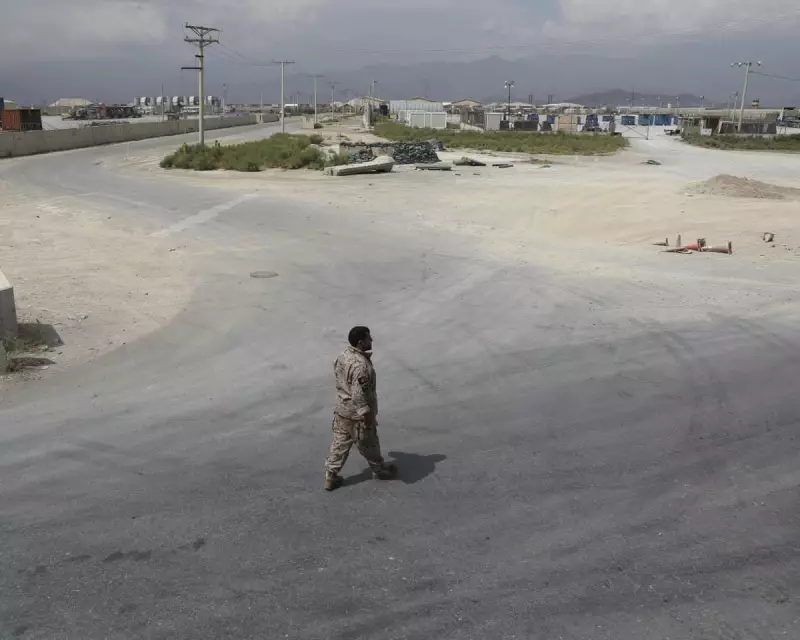
In a significant strategic revelation, former US President Donald Trump has declared that the United States is actively seeking to re-establish control over Afghanistan's formidable Bagram Airbase. This move, if successful, would mark a dramatic shift in US foreign policy and military posture in the region following the tumultuous withdrawal in 2021.
The announcement, made directly by Trump, underscores the airbase's enduring value as a pivotal hub for intelligence gathering and counter-terrorism operations. Regaining a foothold at Bagram is portrayed as a critical measure to monitor emerging threats and project power in Central Asia, particularly in the face of a resurgent Taliban regime.
A Linchpin for Regional Security
Bagram Airfield, located north of Kabul, was the epicentre of US and NATO military operations for nearly two decades. Its extensive infrastructure, including long runways capable of handling heavy bombers and transport aircraft, makes it a uniquely valuable asset. Abandoning it was widely criticised by hawkish politicians and military strategists, who argued it left a vacuum that could be exploited by extremist groups.
Trump's statement suggests high-level negotiations are underway, though the specifics of a potential deal—including with whom the US is negotiating and under what terms—remain shrouded in secrecy. The initiative highlights the complex and evolving challenges the US faces in maintaining global security and influence.
Unanswered Questions and Potential Hurdles
This bold proposition raises immediate and serious questions. The most pressing is: which authority in Afghanistan would the US negotiate with? The Taliban government, which currently controls the territory, is not recognised by most of the international community. A deal with them would be fraught with political difficulty.
Furthermore, the logistical and security challenges of re-entering a hostile environment are immense. The plan would inevitably draw scrutiny and debate, concerning both its feasibility and the potential for re-engaging American forces in a conflict the public believed had ended.
This development signals a potential new chapter in the long and complicated relationship between the United States and Afghanistan, with Bagram Airbase once again at the centre of geopolitical manoeuvring.





